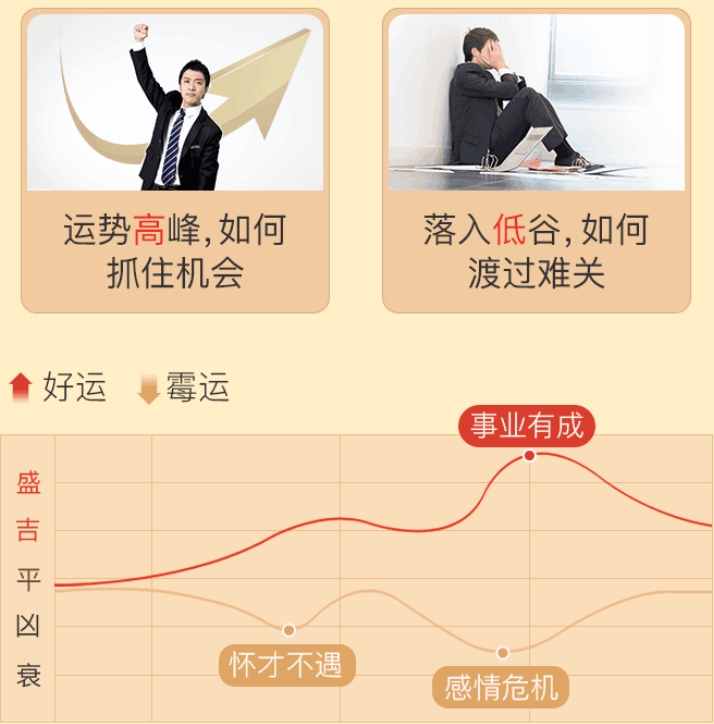How to Say August 17th in English?
Hey there! Have you ever found yourself staring at a calendar, wondering how to say a specific date out loud in English? Like, what's the proper way to pronounce "August 17th"? If you're scratching your head over this, don't worry you're definitely not alone. Today we're going to break this down in super simple terms that anyone can understand.
First things first let's talk about why this matters. Knowing how to say dates correctly in English is super important for everyday situations. Imagine you're making doctor's appointments, booking hotel rooms, or just telling friends when your birthday is. Getting the date right prevents confusion and makes you sound more natural when speaking English.
Okay, so how do we actually say August 17th? The most common way is "August seventeenth". Pretty straightforward, right? But wait there's actually more than one way to say it, and which one you use can depend on where you are or who you're talking to. Some people might say "the seventeenth of August", which is also correct but sounds a bit more formal.
Let me give you some examples of how this date might appear in different contexts. In writing, you might see it as 8/17 (in the US) or 17/8 (in many other countries). When speaking, Americans typically say the month first ("August seventeenth"), while British speakers often say the day first ("the seventeenth of August"). Neither way is wrong it's just different conventions.
Now here's where it gets interesting the pronunciation. The word "August" is pronounced like "AW-guhst", with the stress on the first syllable. For "seventeenth", it's "SEV-uhn-teenth", with the main stress on "SEV". Try saying it out loud a few times: "August seventeenth". Feels a bit awkward at first? That's totally normal when learning something new!
What about the "th" at the end of seventeenth? This is called an ordinal number indicator, and it's super important for dates. We don't say "August seventeen that would be incorrect. Always remember to add that "th" sound for 17th. Other numbers have different endings (like 1st, 2nd, 3rd), but from 4th onward, most just add "th".

Let's practice with some similar dates to help this stick. How would you say August 1st? That's "August first". August 22nd? "August twenty-second". August 30th? "August thirtieth". See the pattern? The month comes first, then the day with its special ending. Try making up some random August dates and saying them out loud this repetition really helps!
Now, what if you need to include the year? For August 17, 2025, you'd say "August seventeenth, twenty twenty-five". Notice how we say the year as "twenty twenty-five", not "two thousand twenty-five". After 2010, it became more common to say years this way. Before 2010, people usually said "two thousand nine" for 2009, for example.
Here's a pro tip: when writing the date formally, you might see it as "August 17, 2025" (US style) or "17 August 2025" (international style). The comma before the year is important in US format. In speech, we always say the word "the" before the day when using international format: "the seventeenth of August, twenty twenty-five".
What are some common mistakes people make with this date? One big one is forgetting the ordinal indicator ("th"). Another is mixing up the month and day order when speaking. Also, some learners pronounce "August" like "august" (meaning respected), but for the month, the first syllable sounds like "aw" in "saw". Small differences that make a big impact!
Let me break down the pronunciation more carefully. "August" has two syllables: AW-guhst. The "AW" sounds like what you say when the doctor checks your throat. The "guhst" rhymes with "must". For "seventeenth", it's three syllables: SEV-uhn-teenth. The "teen" part sounds like the word "teen", and the "th" at the end is soft, like in "think".

How does this compare to other languages? In many languages, the day comes before the month when speaking dates. For example, in Spanish it's "diecisiete de agosto". This difference trips up many English learners. The key is to remember that in American English, we usually put the month first when speaking, which is the opposite of many other languages.
When would you use the more formal "the seventeenth of August" version? This form sounds more proper and might be used in formal speeches, weddings, or official announcements. In everyday conversation, most people just say "August seventeenth". But again, neither is wrong it's about context and personal preference.
Here's a fun fact: August was originally called Sextilis in the Roman calendar because it was the sixth month. Later it was renamed to honor Emperor Augustus. Maybe that's why we give it such respect by putting it first in American date conventions! Okay, maybe not, but it's an interesting historical tidbit.
Let's do some quick practice scenarios. How would you say these dates in English? August 17, 1990 ("August seventeenth, nineteen ninety"), August 17, 2001 ("August seventeenth, two thousand one"), August 17, 2020 ("August seventeenth, twenty twenty"). Notice how the year pronunciation changes based on the century? That's something to pay attention to!
What if you need to write this date? In American English, you'd write "August 17" or "8/17". In British English, it's "17 August" or "17/8". The slash format can be confusing because of these different conventions. When in doubt, spell out the month to avoid confusion in international communications.

Now, the big question: why do Americans say the month first while many others say the day first? Honestly, there's no super logical reason it's just how the language developed in different places. Some say it's because Americans tend to prioritize the bigger unit first (month is bigger than day), while others follow a more sequential order (day then month then year).
Here's my personal take on learning dates in English: don't stress too much about getting it perfect. Even if you say "August seventeen" without the "th", people will still understand you. The more you practice and hear native speakers say dates, the more natural it will become. The key is to keep trying and not be afraid of making mistakes.
One last thing to remember: context is everything. If you're in the US, default to "Month Day" format. If you're in the UK or most other English-speaking countries, "Day Month" might be more common. When writing formally, consider who will be reading it. And when in doubt, you can always ask "How would you like me to write/say that date?"
At the end of the day (pun intended), whether you say "August seventeenth" or "the seventeenth of August", what matters most is being understood. Language is about communication, not perfection. So go ahead - mark August 17th on your calendar and practice saying it every day until it feels completely natural!